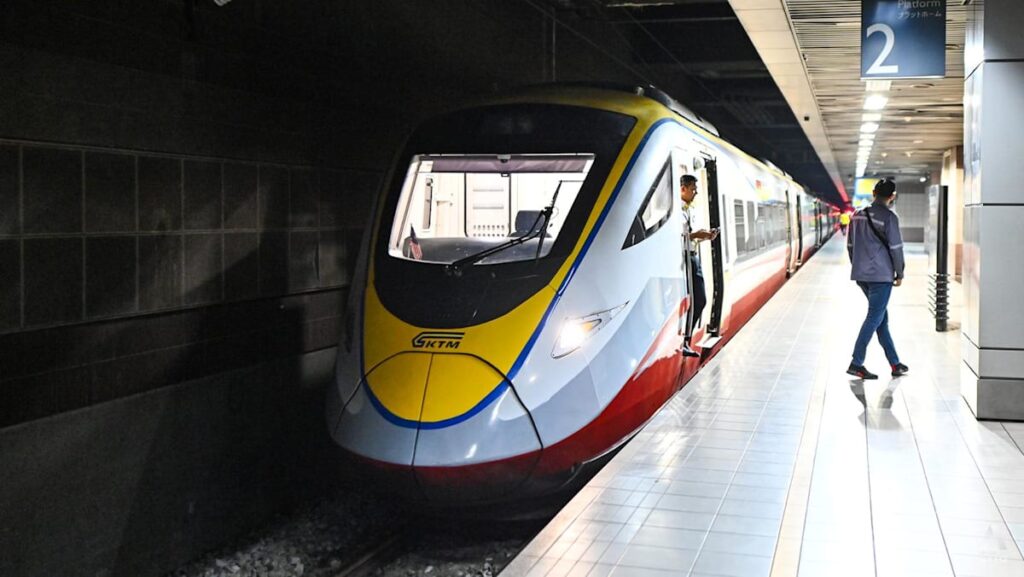First announced back in 2011 by Malaysia’s national rail operator Keretapi Tanah Melayu Berhad (KTM), construction on the RM8.9 billion (US$2.14 billion) project began in 2016, covering the districts of Segamat, Kluang and Kulai and Johor Bahru.
It has seen significant delays, with travel experts citing how commuter confidence in the line’s reliability could erode.
The ETS service between Johor Bahru and Kuala Lumpur is expected to take between 3.5 and 4.5 hours, depending on the type of service the passenger takes – silver, gold, platinum or express.
Each has different numbers of stops and varying levels of comfort, newly appointed acting KTM chief executive officer Ahmad Nizam Mohamed Amin told CNA in an interview in September.
“In terms of cost, it is more economical compared to flying because we save on ticket prices,” he said, adding that it could “revolutionise” transport options in the peninsula and offer passengers a greener and potentially cost-effective way to travel between key cities.
“Compared to driving, we save time. Therefore, I believe it is an attractive choice for users to choose to travel by (ETS),” he added.
Read the full article here
